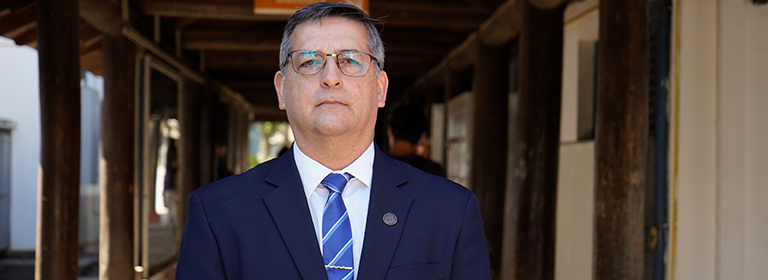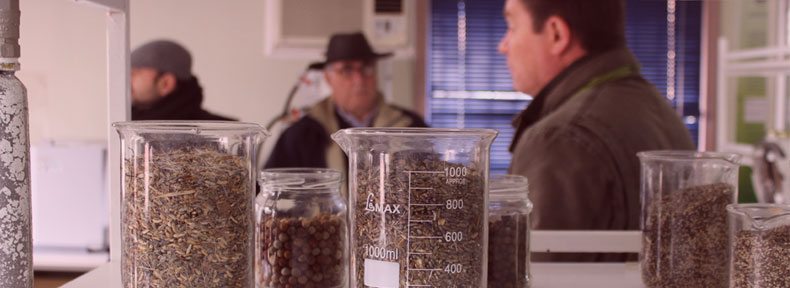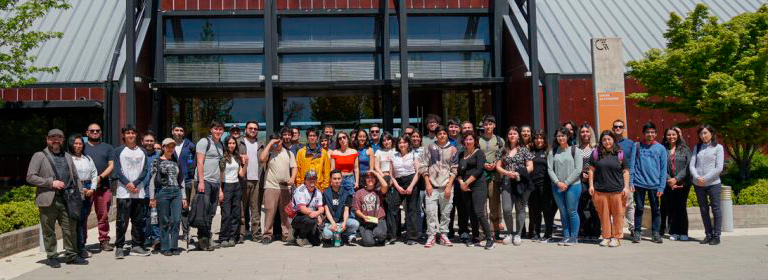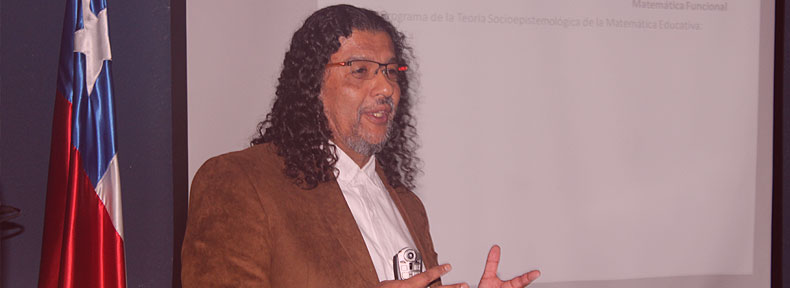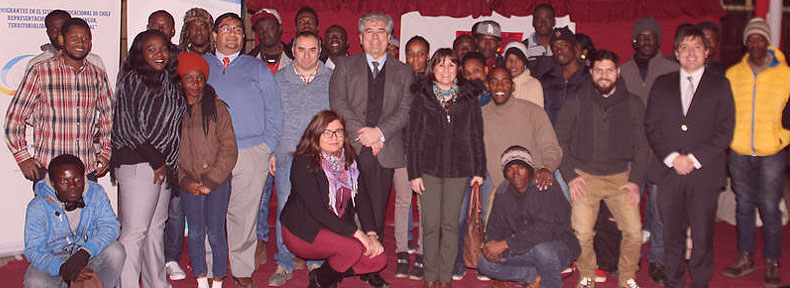Very soon Dr. Marcelo Castillo Retamal will complete his first semester in charge of UCM’s Postgraduate Directorate, the department where he has worked since 1989.
With a lifetime of dedication and contributions to the campus, as director and professor of the Department of Physical Activity Sciences and as academic vice-rector, Dr. Marcelo Castillo (doctor in Physical Activity and Health of the Auckland University of Technology in New Zealand) specifies his long-term goals in an interview.
How has the experience as Postgraduate Director been so far?
I am grateful for the possibility of contributing to the University from different dimensions or positions and, therefore, I welcome the challenge of showing our growth and maturity as an institution from this Directorate with great enthusiasm.
In the Faculty of Education Sciences, where I come from, there were many lessons learned that we gathered with good will and affection, and now I have the opportunity to transmit them or transform them into concrete actions.
The experience has been very good, to the extent that we have been able to show that we enjoy a maturity in the formative processes that are the central essence of our mission. The greatest challenge is to align the formative model between undergraduate and graduate studies, so that our students know that when they come to Universidad Católica del Maule they will encounter progress where they will be able to advance in a logical and coherent manner. More than just receiving a professional degree, UCM offers a learning experience that starts at the undergraduate level and can end at the highest level of graduate studies.
You participated in the creation of the Doctorate in Physical Activity Sciences. Somehow you were already linked to the efforts for excellence…
Yes, and before that I had to participate in the creation of master’s degrees, responding to particular concerns of the units and certain needs of the environment.
Nowadays, all this learning allows us to focus our attention on issues that society is asking us to address with high quality training programs. We have about 70% of our doctoral programs accredited and the task is to reach 100%.
Is the internationalization of the programs among the goals?
Yes, we have to see how we can position ourselves globally, because although it is true that we are a regional university, we have potential: the solutions we generate to our local needs can be shared with other locations around the world with similar realities. We must think about how from a local perspective we can also attend to the global logic and for that we have to generate conditions for improvement. We need to be more open and achieve a process of internationalization that is not just people coming in from other countries, but how we open ourselves globally to those spaces.

